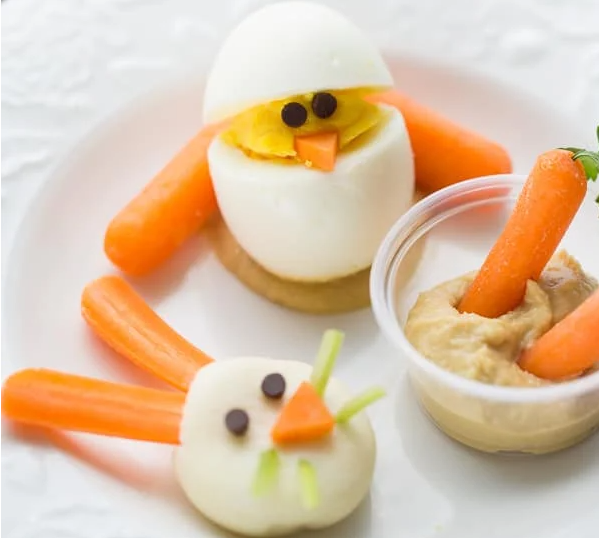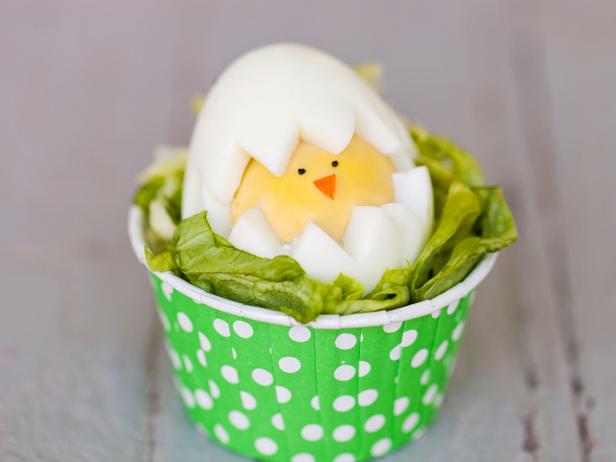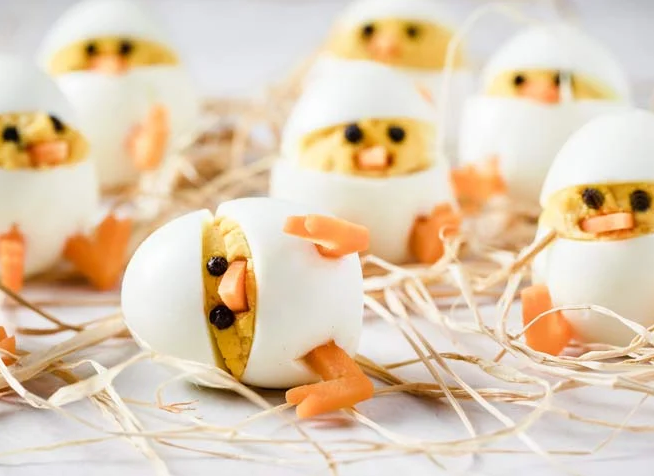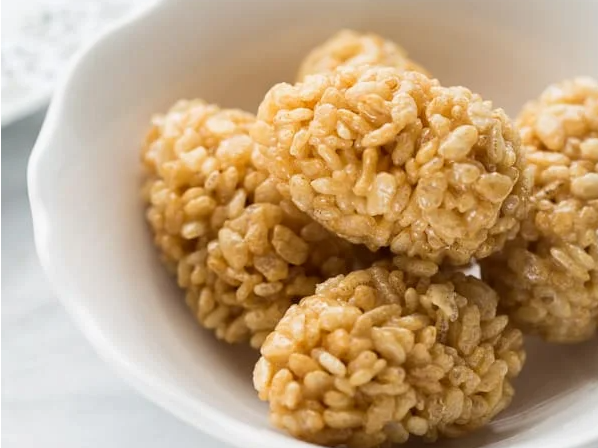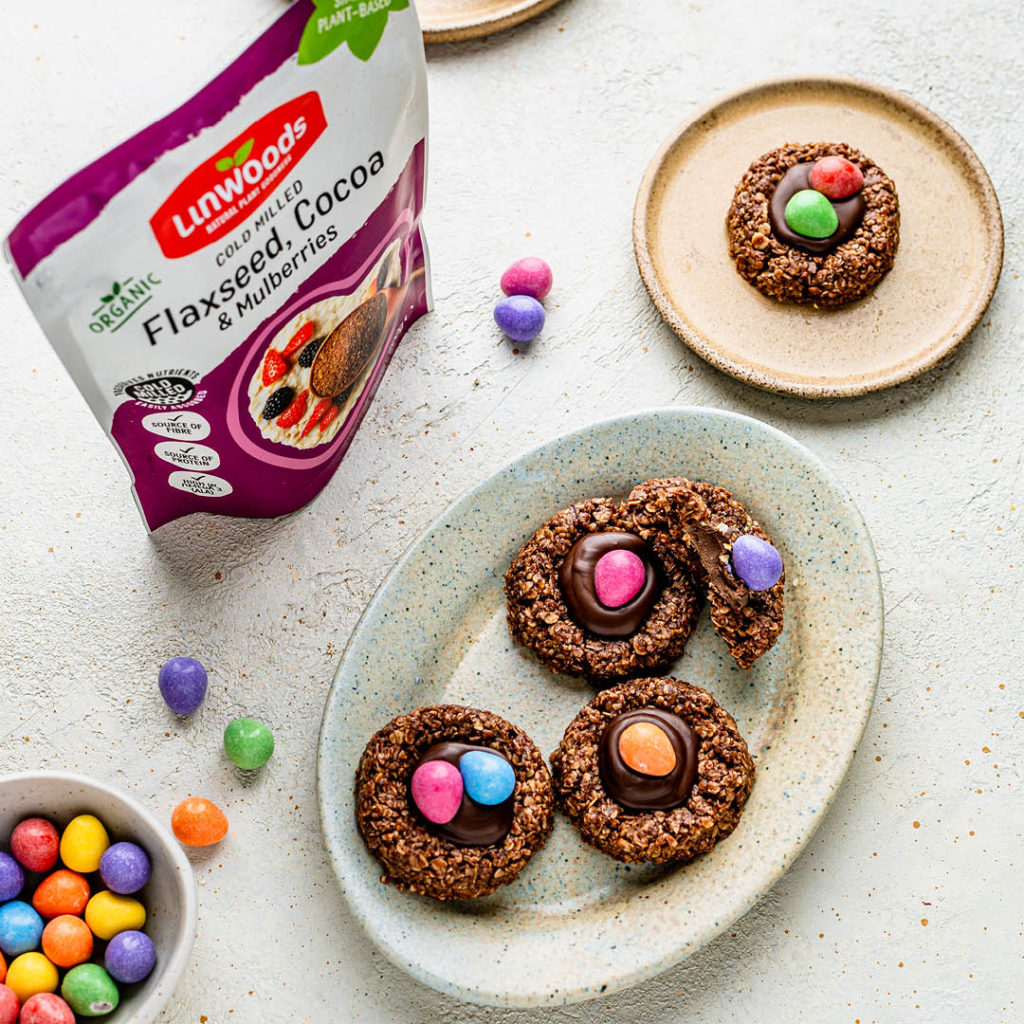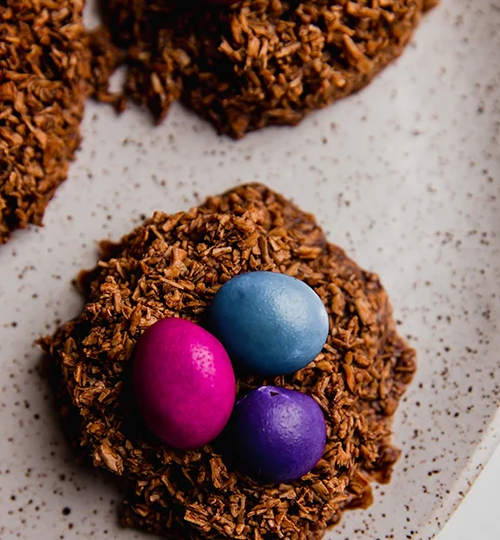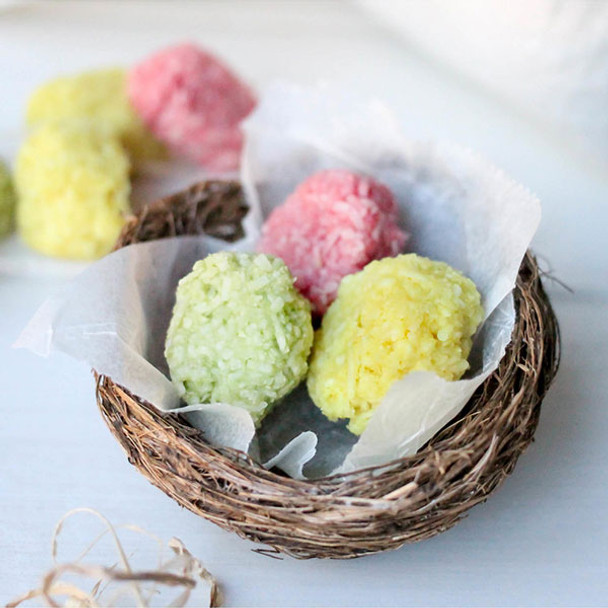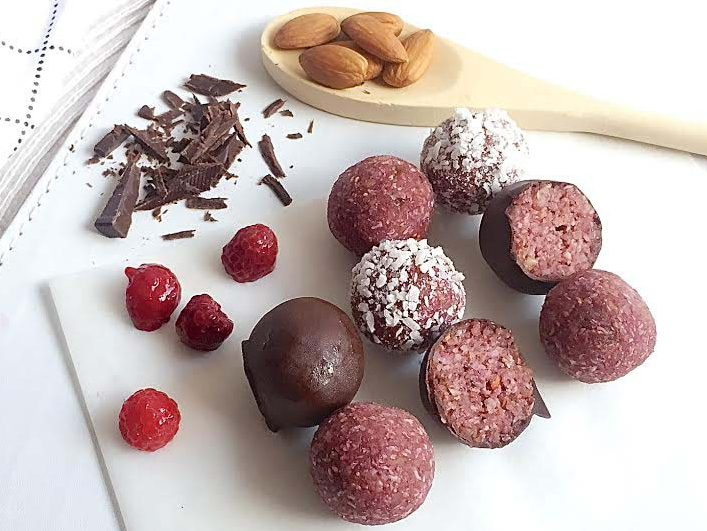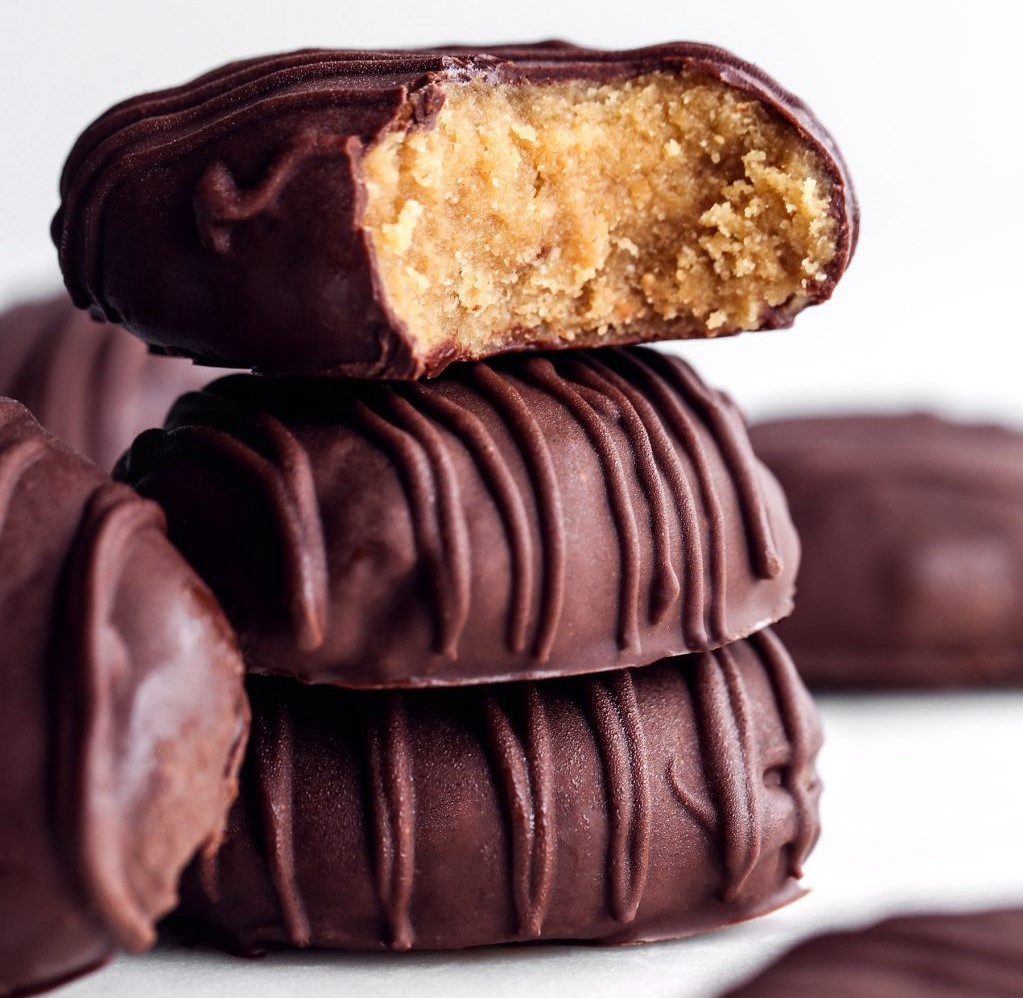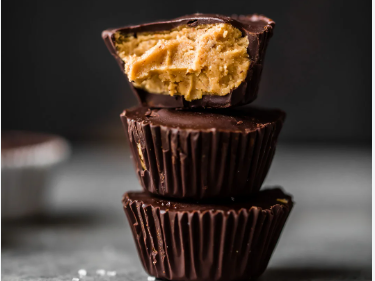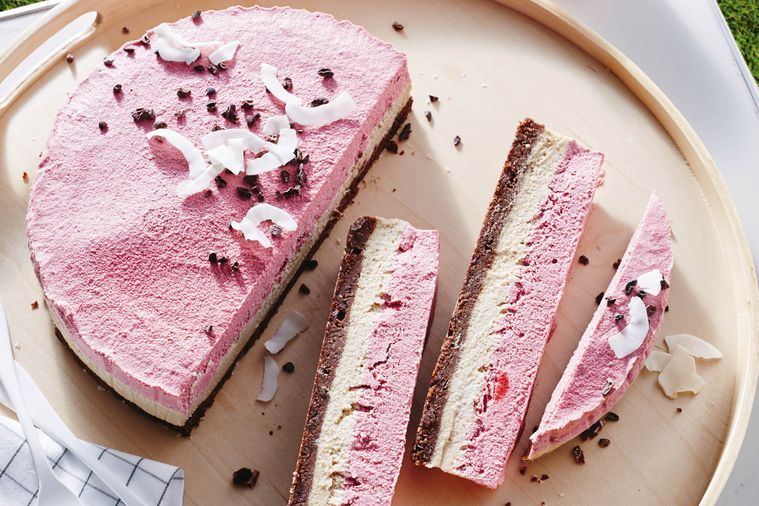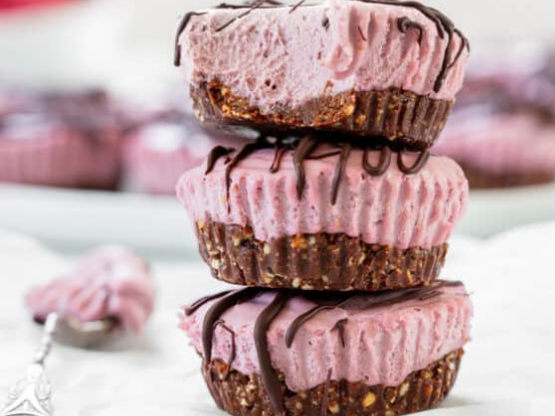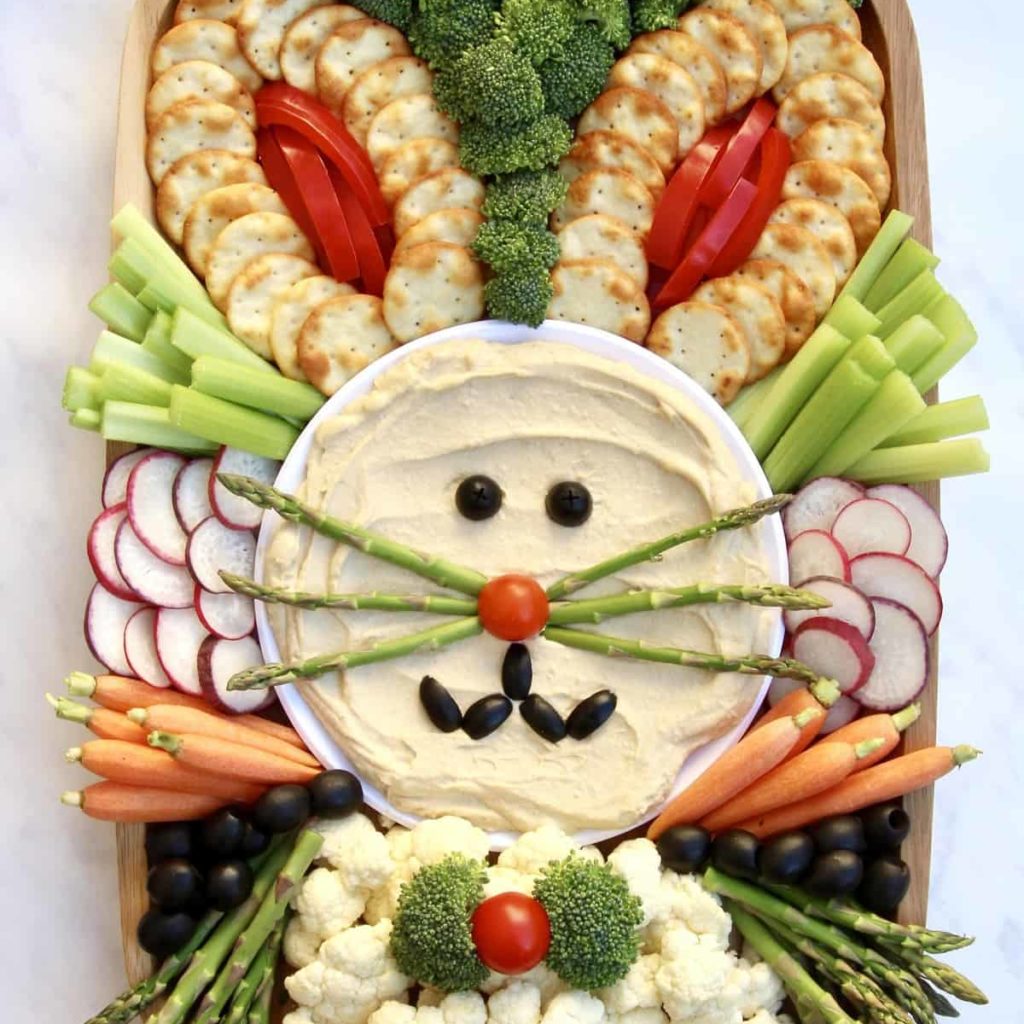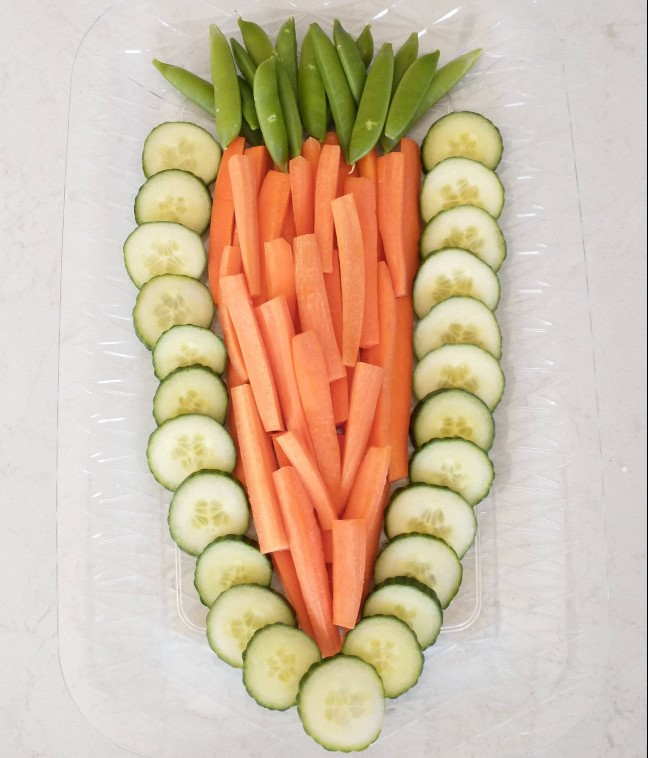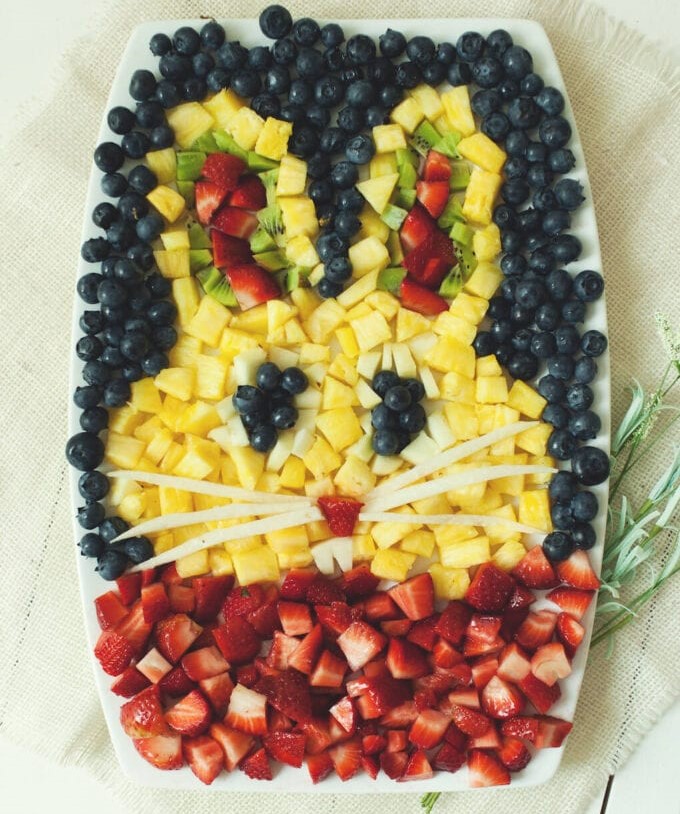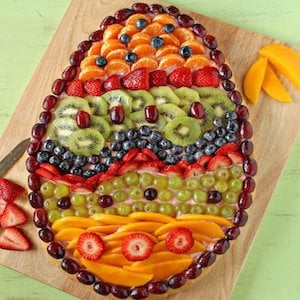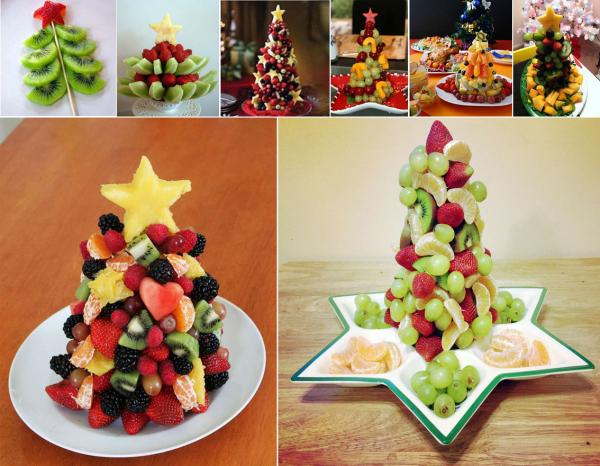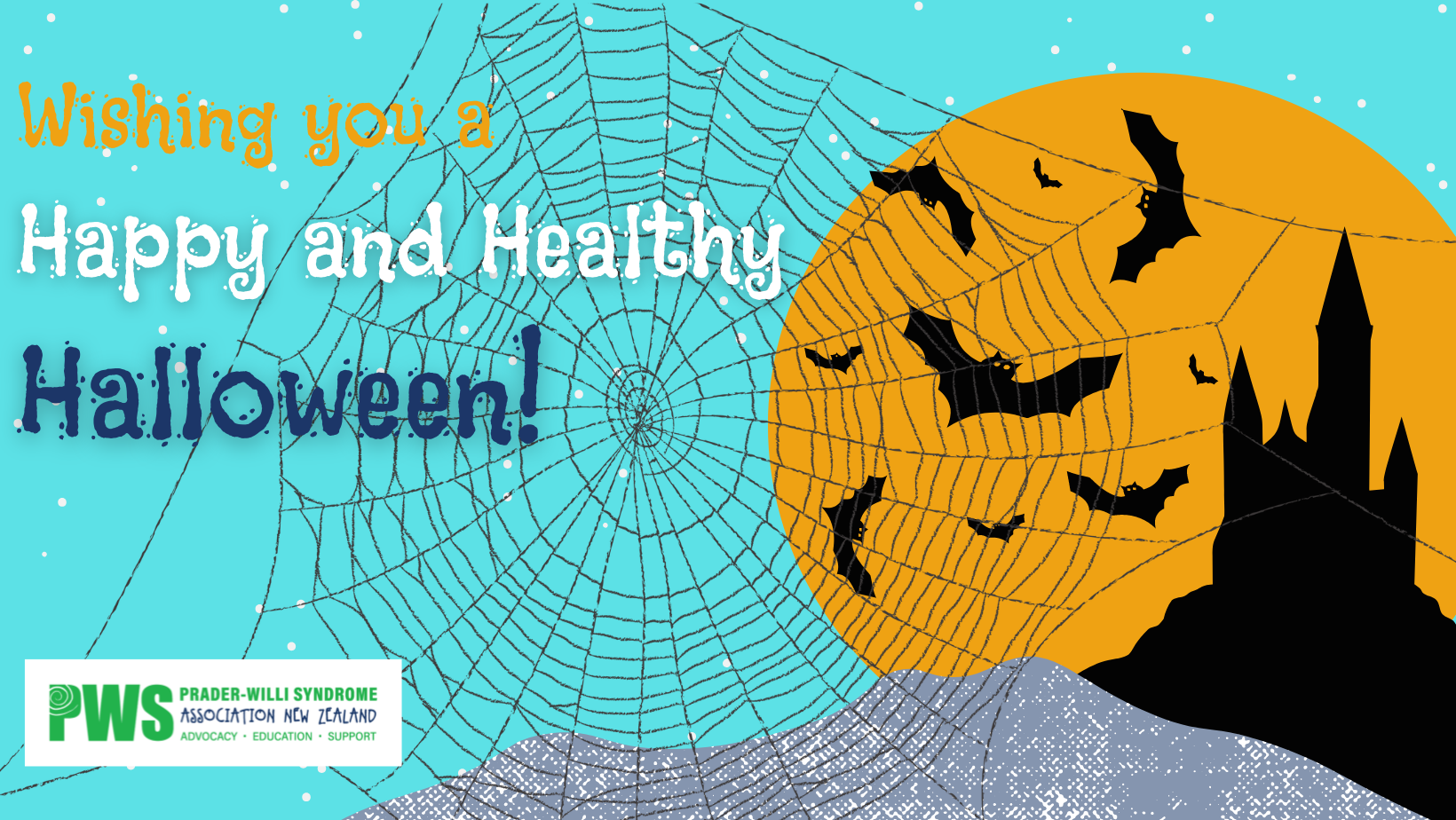Understanding and Planning for a Healthy Easter
The supermarket shelves become increasingly full of chocolate Easter goodies in the weeks leading up to Easter (or even for months?) Anticipation about the treats that Easter may bring can create much excitement for all children, let alone individuals and families living with PWS. If families are planning to avoid or limit chocolate this Easter, they would be most grateful for the support of friends and family. Remember that the “just one small egg” you give could be one of several ‘just one small eggs’ they receive from others. It is best to check with the family beforehand to ask what their plans are for Easter.
Why do Families Need to Plan Carefully for Easter?
Families are continually having to manage daily calorie intake, so an extra treat can mean that something more nutritious has to be missed later on. Sweet foods also do little for satiety and you are left feeling hungry again shortly afterwards – imagine how much worse this may feel for someone living with PWS. Brain scan imaging has revealed that people living with PWS already experience a higher ‘reward’ from food, so this is increased by consuming sweet, high reward foods which can have an addictive effect and lead to a more intense drive to seek food.
Families use different approaches to managing treats. Some choose to avoid them altogether, especially whilst children are young and tastes are developing; others choose to allow treats in a controlled way, i.e. at planned times. (If treats are given at random times, this can lead to expectation which increases uncertainty and anxiety, therefore creating disappointment or behavioural difficulties when they are not received.) Some families plan to provide healthier alternatives to typical food treats.
Alternative Ideas for Celebrating Easter
Healthier Chocolate
If an individual is able to have chocolate in their diet, a good option is dark chocolate with high cocoa content as this can contain less sugar (check labels). Sugar free chocolates are also available and those sweetened with a natural sweetener, such as Stevia, are the best option.
Non-Food Treasure Hunts (instead of Traditional Chocolate Egg Hunts)
– Younger children might enjoy searching for and collecting small hidden gifts in their Easter basket. These might be stickers, stationery, playdoh, bubbles, small vehicle toys, hair accessories, small books or bouncy balls. Another idea is to hide small gifts inside the small plastic eggs that can sometimes be found in toys stores or dollar shops.
– Rather than hide small gifts, an alternative idea is to hide pretend eggs (cut from card or shop bought plastic ones) and once these are all collected, a gift is received at the end.
– A treasure hunt can be adapted for older children by adding clues.
– Some adults may also enjoy a treasure hunt, with the small gifts being things like a coffee voucher.
Alternative Easter Gifts
As the custom of eating eggs at Easter was traditionally associated with new life or Spring, gifting something new instead of an egg is an option preferred by some. Gifts might be new clothes for the changing season, a new book, toy or puzzle. Easter themed gifts are also a popular choice, such as Easter crafts kits, activity books, puzzles, soft plush toys or dress-up costumes.
Easter Craft and Games
Easter celebrations are often centred around food, but family time can be spent in other enjoyable ways by doing craft activities and playing games. Google can provide an abundance of ideas, many of which are egg-themed, but this can be avoided if preferred. Crafts might include painting hollow egg shells, decorating egg-shaped card, making garlands, paper flowers, salt dough decorations, or even a bird feeder. Easter themed games might include egg and spoon races, bunny sack races or balloon games.
Healthy Food Treats
If you want to celebrate Easter by giving small healthy food treats or enjoying a meal together, lots of good recipe ideas can be found online. Small treats might be things like protein balls dusted in cacao, fruit dipped in dark chocolate, peanut or almond butter cups, crispy rice eggs, a basket of egg-shaped coconut balls, or nest cookies made from shredded coconut, oats or seeds. There are also fun ways to present usual foods at Easter, such as being creative with hard-boiled or deviled eggs, arrangements with veggie sticks and dips, or making bunny faces from cheese and carrots!
